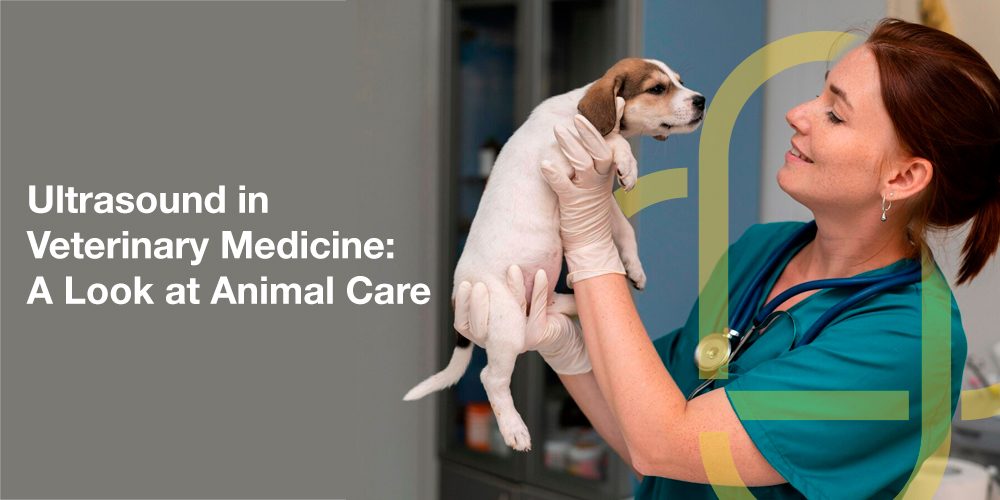Great Tips For Deciding On Kidney Failure In Dogs
Wiki Article
What Are The Most Frequent Ailments For Pets?
Depending on species, age as well as overall health of the animal, there are numerous medical issues which can impact animals. Common issues with animals' health include:
Parasitic diseases- Infections by ticks, fleas, worms, mites and mites cause various health issues. Regular checkups and parasite prevention are essential. Skin conditions like dermatitis or allergies can cause discomfort and irritation to animals.
Ear Infections - Ear infections in pets and cats, particularly those with ear flaps that are floppy can cause discomfort and even hearing issues.
Dental Health Problems - Dental illnesses such as periodontal disease, gum disease and tooth decay could affect the overall health of your pet.
Respiratory Infections - Animals can be affected by upper respiratory illnesses, pneumonia, and bronchitis, particularly in stressful or overcrowded environments.
Arthritis and joint problems- Some older animals as well as large breeds are affected by joint problems, which can lead to pain and reduced mobility.
Obesity. Overweight animals may be at risk of developing a range of health problems, including joint disease, diabetes, and heart diseases.
The reason for vomiting, diarrhea, or a different digestive problem can be dietary, infectious or a combination of both.
Cancer- Animals can also develop cancer. It can be treated by chemotherapy, surgery, or radiation.
Wounds and Injuries- Accidents, fights, or falls may cause wounds, fractures, and soft tissue injuries that require medical attention.It's important to keep in mind that early detection and prevention are crucial to maintaining the health and well-being of animals. Regular check-ups with a veterinarian vaccines, parasite prevention, and a balanced diet can prevent a lot of the common medical problems in animals. A veterinarian should also be contacted as soon as the animal is showing signs of illness. The best of the most pet dental support supplements for website advice.

What Are The Most Effective Supplements And Vitamins For Canines?
The choice of vitamins, probiotics, and supplements for dogs ought to be based on your dog's individual needs and any recommendations from a veterinarian. It's essential to feed your dog a balanced and balanced diet. However, some dogs may benefit from supplements. Here are a few of the most common supplements dogs can use and the benefits they bring.
Antioxidants - Antioxidants such as vitamin C and vitamin D shield your dog's cell from oxidative stress and to boost the immune system. Calcium and Vitamin D: These nutrients are essential for strong bones and teeth, particularly for large breed dogs as well as puppies.
Fiber Supplements are beneficial to dogs with digestive issues, like constipation or diarrhea.
Green-Lipped Mossel Extract: This product is rich in Omega-3 fatty acids. It can assist in reducing joint pain and help improve mobility.
Coenzyme Q10 (CoQ10) is an antioxidant that can help improve heart health, and the production of energy in cells.
Milk Thistle. This herb supports liver health in dogs, especially those suffering from liver diseases or who are taking medications that affect the liver.
It is essential to speak with your veterinarian before giving your dog any supplements and as they will provide guidance specifically tailored to your dog's requirements and needs. The dosage may differ based on your dog's age, size and overall health. Over-supplementation can be risky. It is also essential to choose supplements from manufacturers you trust. If you notice any unusual signs or reactions seek out your veterinarian right away. A well-balanced and veterinarian-recommended diet is typically the best way to meet your dog's nutritional needs, and supplements should only be used when necessary and under professional guidance. Take a look at the Best herbal treatments for dogs for site tips.

How Common Are Yeast Infections, Skin Allergies And Kidney Failure Among Dogs? What Treatment Options Are Available?
The frequency of yeast infections, and kidney disease in dogs differs based on factors like breed and health, as well as age etc. This article provides an overview of the diseases as well as their frequency and treatment options.
Prevalence of renal disease and kidney disease Although less frequent the condition can be present in older dogs. It can either be sudden (sudden) or chronic.
The signs of a kidney infection can include weight loss, thirst increase, urination and lethargy.
Treatment - Treatment depends on the type and severity of kidney disease. Acute renal failure can require hospitalization and intensive care. Lifestyle changes and blood pressure medication and kidney-supporting treatments can be used to manage the chronic kidney condition. The condition progresses therefore it is crucial to detect and manage the disease early.
There are a few breeds that suffer from these issues. Also, prevalence varies between breeds and individuals. Regular visits to the vet as well as a balanced diet and prevention measures (such the control of fleas, good hygiene, etc.) can reduce the chance of developing. If you think your pet is suffering from some medical condition, like yeast infections, skin allergies, or kidney problems, it's essential to consult with a vet for an accurate diagnosis and a customized treatment strategy. Early intervention could improve results and a higher health for your pet. Check out the best pet herbal supplements for agility dogs for more info.
